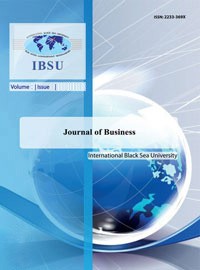Up to this moment; 15% from the articles/papers submitted to the JB journal will be checked using the iThenticate or IBSU plagiarism checking program plagiarism detection software. Plagiarism if detected or reported at any stage will be investigated and will be treated based on the guidelines contained in the Committee on Publication Ethics (COPE) flowcharts that can be downloaded from the following link (http://publicationethics.org/resources/flowcharts).
The JB journal follows the guidelines contained in the Committee on Publication Ethics (COPE) flowcharts that can be downloaded from the following link (http://publicationethics.org/resources/flowcharts). Kindly pay attention to the following charts within the COPE link:
What to do if you suspect plagiarism
What to do if you suspect redundant (duplicate) publication
- Suspected redundant publication in a submitted manuscript
- Suspected redundant publication in a published manuscript
PLAGIARISM CLAIMS
Notifications regarding any plagiarism issue should be directed to the JB editors at ibsujbThis email address is being protected from spambots. You need JavaScript enabled to view it.

.jpg)

.png)
.png)
.jpg)
